nodegoat Workshop at the Institut für Zeitgeschichte in Munich
CORE Admin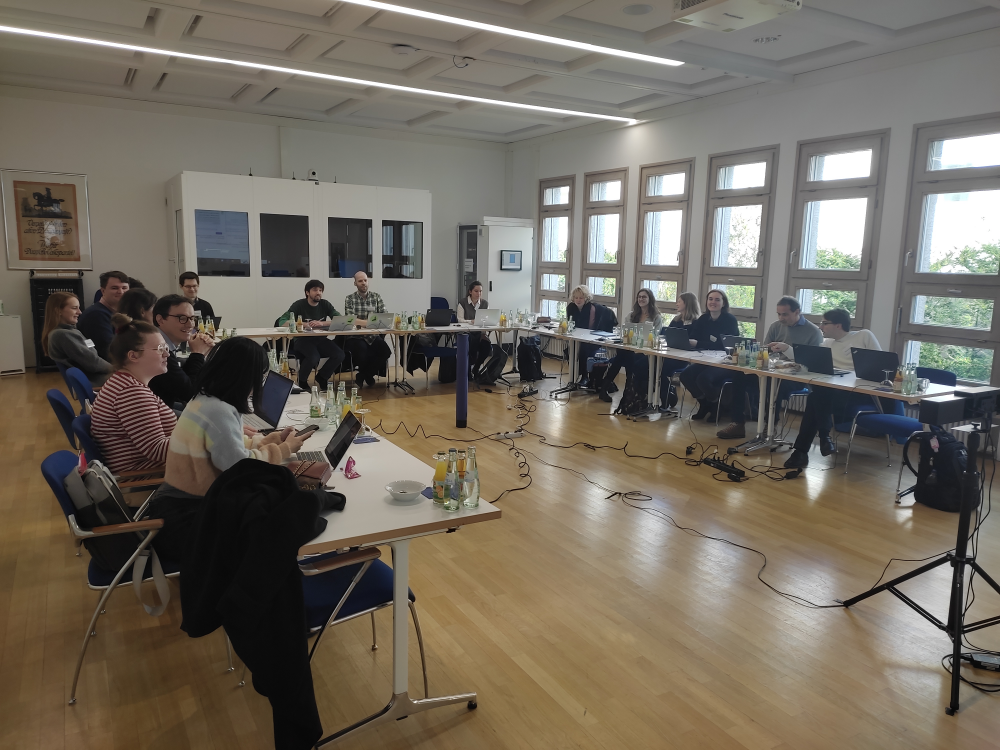
On February 16 LAB1100 ran a nodegoat workshop at the Leibniz Institute for Contemporary History (Institut für Zeitgeschichte) in Munich.[....]

On February 16 LAB1100 ran a nodegoat workshop at the Leibniz Institute for Contemporary History (Institut für Zeitgeschichte) in Munich.[....]

This year we celebrate our 10 year anniversary as LAB1100. We are grateful for all the exciting projects that we have been involved in, and for being able to collaborate with so many inspiring people. We look forward to continuing to work together with scholars from all over the world to deliver trailblazing research software.[....]
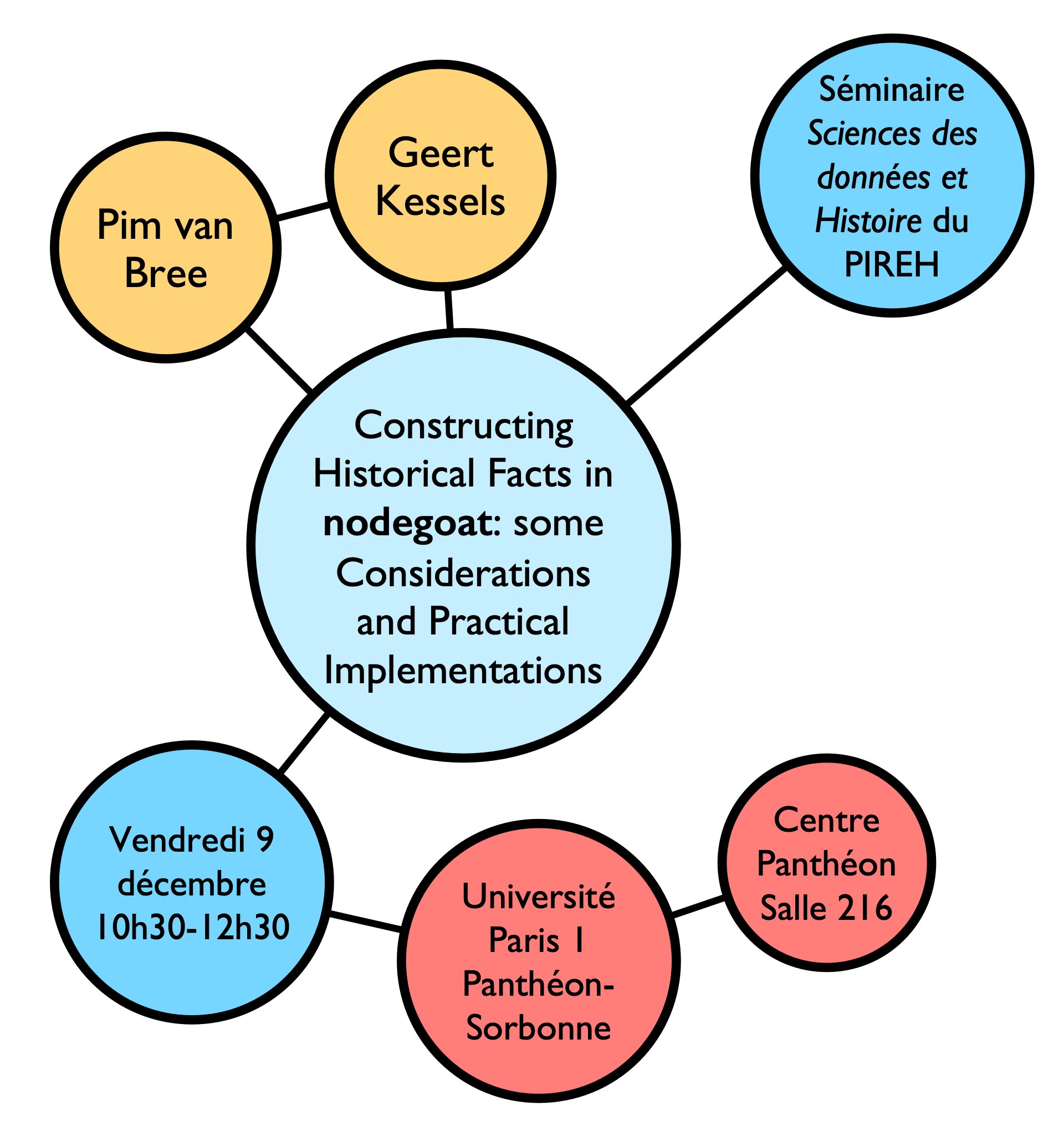
Pim van Bree and Geert Kessels will deliver a public lecture at the Pantheon-Sorbonne University in Paris on Friday December 9.[....]
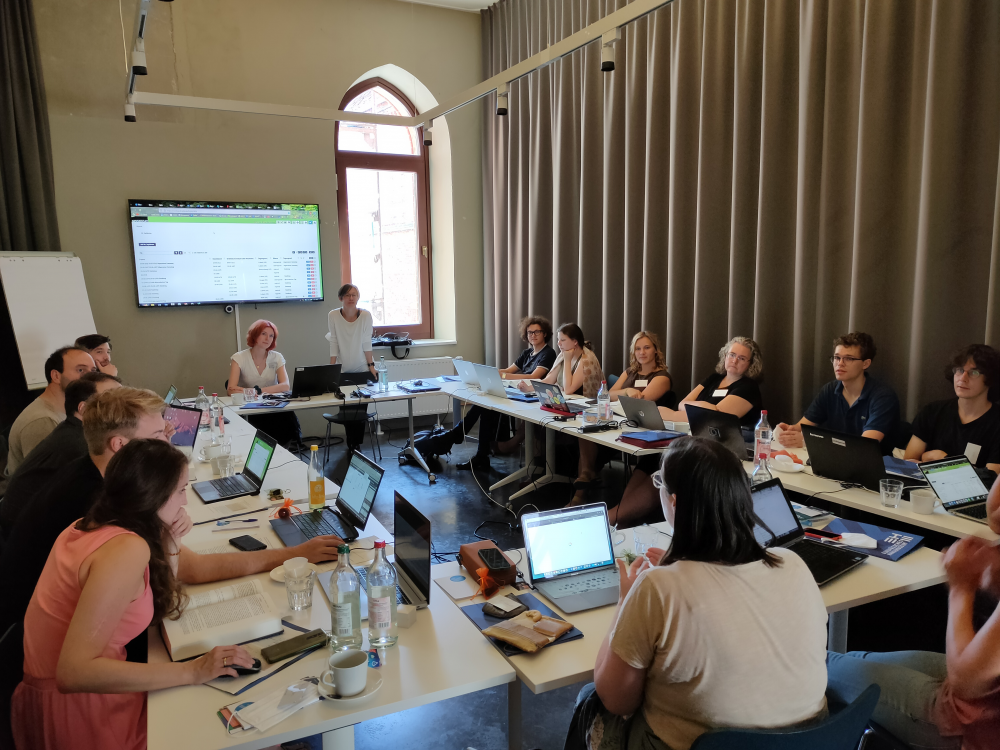
From August 22 until August 24 2022 LAB1100 ran a nodegoat workshop at the Summer School organised by the Forschungsstelle für die Geschichte der Hanse und des Ostseeraums (FGHO) in Lübeck. [....]
nodegoat has been extended with four new features in the past months. These new features were commissioned by three research projects from Switzerland, Slovenia, and The Netherlands. All nodegoat users can now make use of these features: [....]
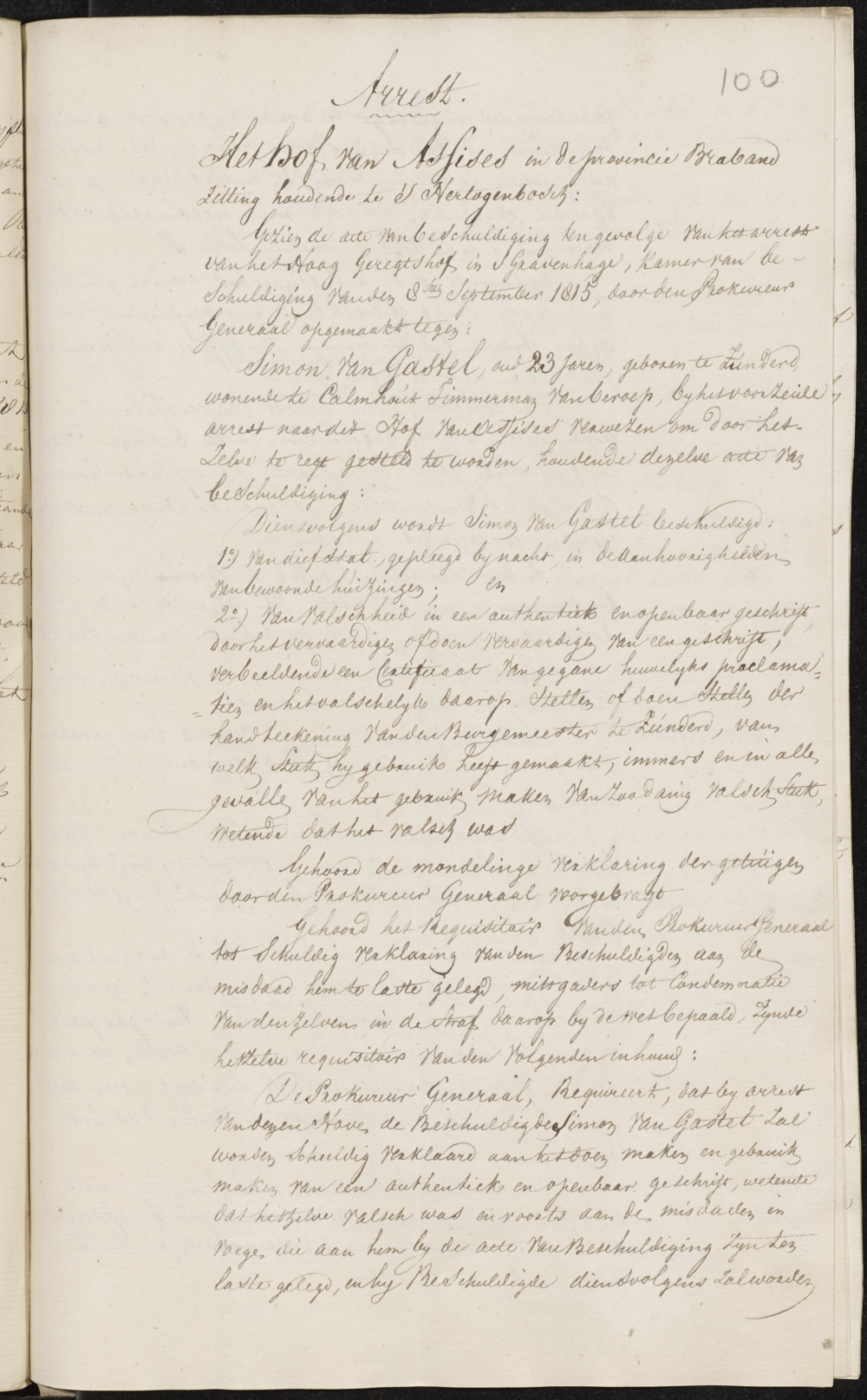
The nodegoat Guides have been extended with a new section on 'Ingestion Processes'. An Ingestion Process allows you to query an external resource and ingest the returned data in your nodegoat environment. Once the data is stored in nodegoat, it can be used for tagging, referencing, filtering, analysis, and visualisation purposes.[....]
The ERC project 'METROMOD' that runs at the Ludwig Maximilian University of Munich has recently launched a public user interface for their nodegoat project: archive.metromod.net. [....]
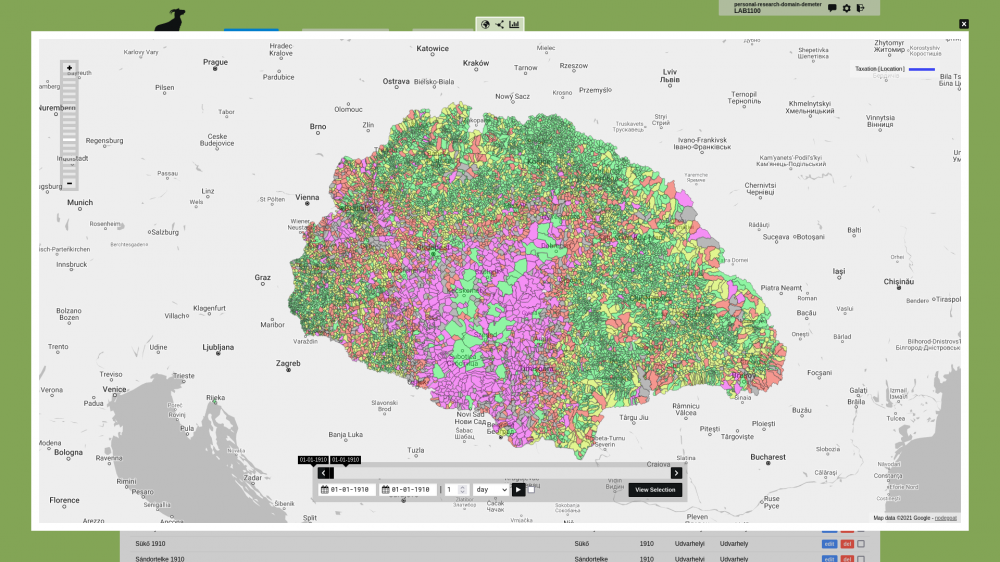
Bölcsészettudományi Kutatóközpont based in Budapest, is running multiple nodegoat projects as part of a new nodegoat Grow configuration. [....]
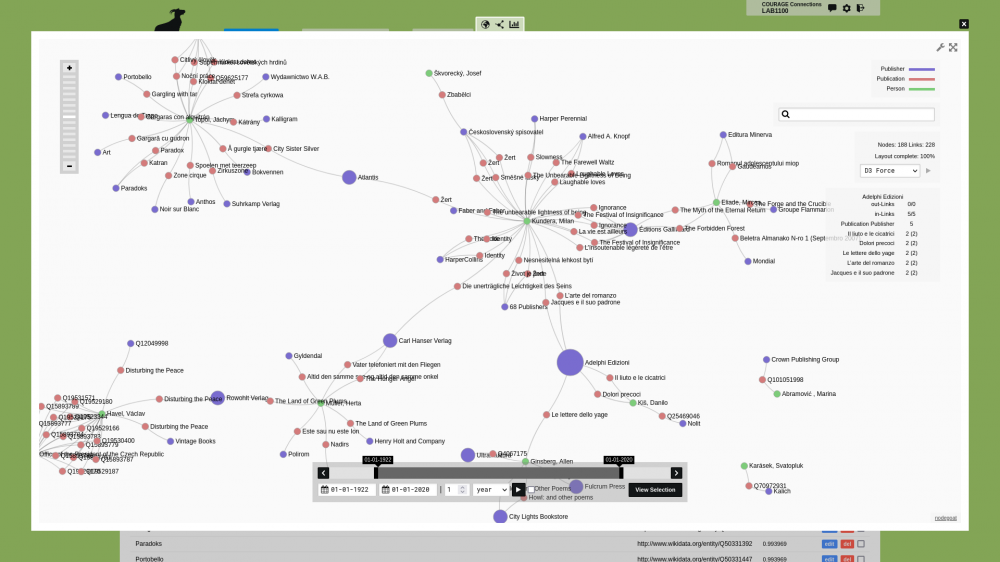
LAB1100 is organising the workshop series ‘Linking your Historical Sources to Open Data’ together with the COST Action NEP4DISSENT. These workshops will help researchers to connect their research data to existing Linked Open Data resources. These connections will ensure that research data remains interoperable and allow for the ingestion of various relevant Linked Open Data resources.[....]
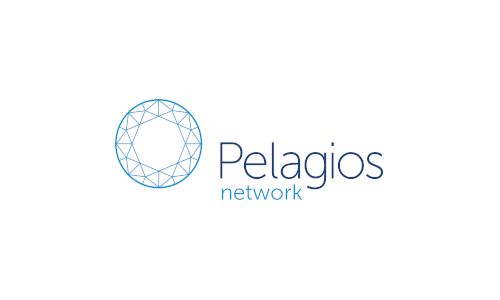
LAB1100 and the Pelagios Network have signed a Memorandum of Understanding. This partnership will help nodegoat users to connect their data to resources available in the Pelagios network and to re-use data that has been created by other Pelagios partners.[....]